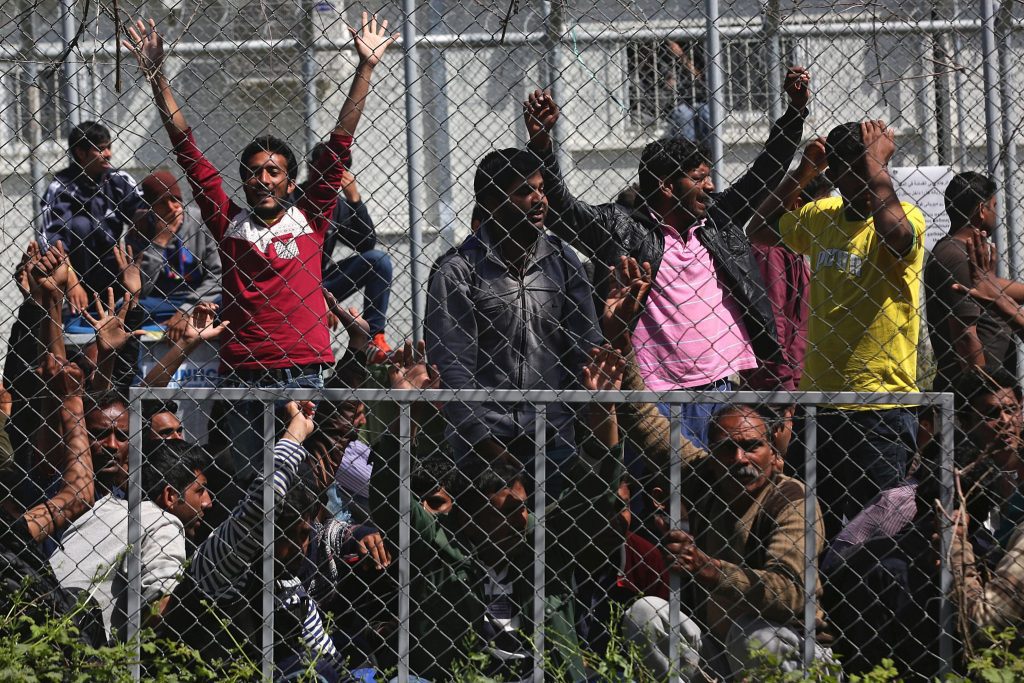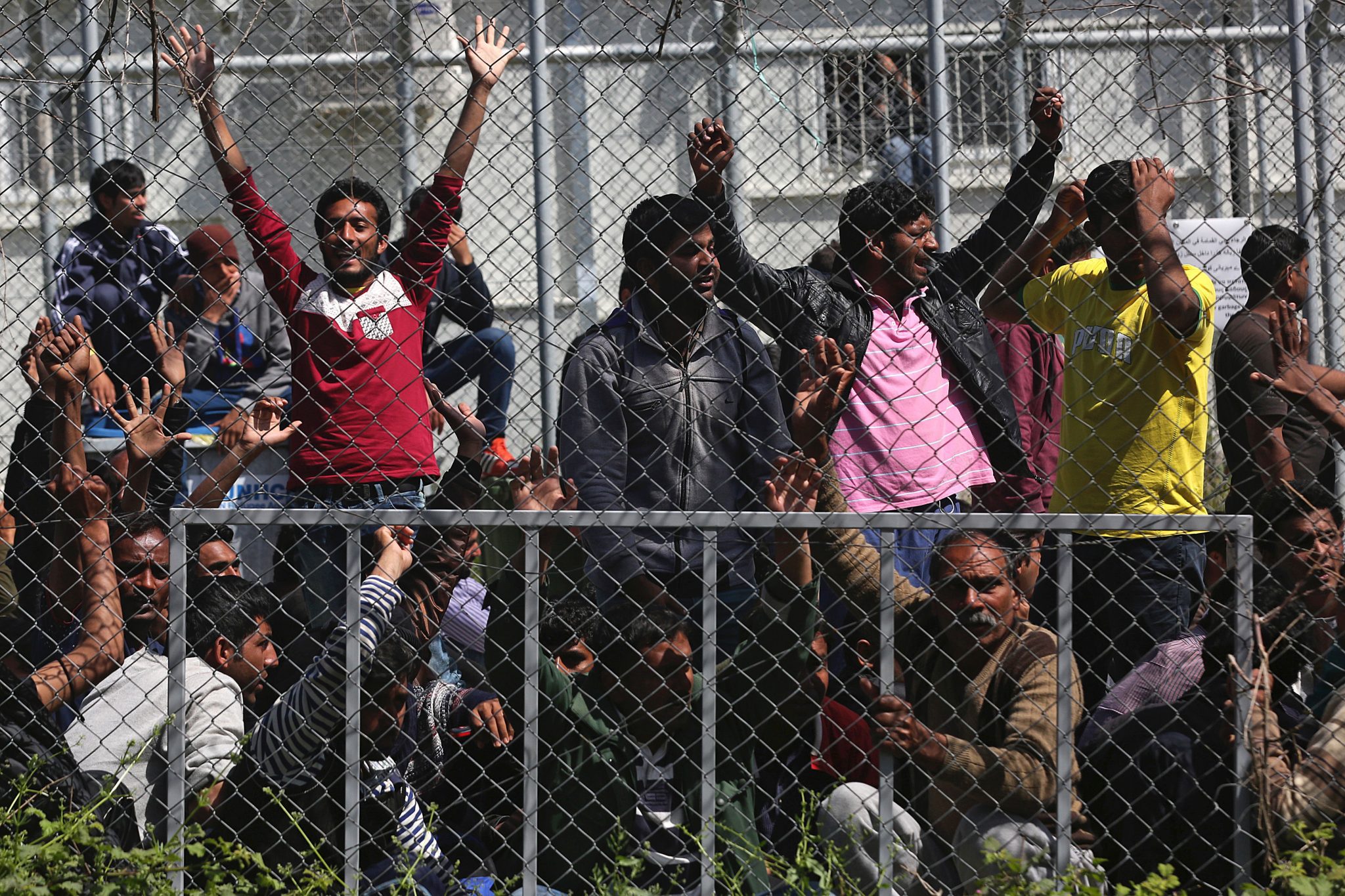Athens refuses Germany’s request to return asylum seekers, intensifying an already tense European migration debate. Immigration and Asylum Minister Makis Voridis made clear that Greece will not accept refugee returns under the current strained conditions.

Greece Cites Disproportionate Refugee Burden
Speaking to Skai News, Voridis emphasized that Greece hosts the highest number of refugees per capita in the European Union after Cyprus.
“Our reception centers are already overstretched,” Voridis said. “Adding more pressure would destabilize both infrastructure and local communities.”
According to official figures, thousands continue to arrive each month, mainly through the Aegean Sea routes. Camps on islands like Lesbos and Samos remain overcrowded.
The minister pointed out that Greece’s geographical location makes it a frontline state. As a result, Athens demands a fair distribution of migrants across all EU member states, not just border nations.
German Court Approves Deportations — Athens Pushes Back
Voridis was responding to a controversial German court ruling that allowed deportations back to Greece, suggesting refugees would not suffer inhumane treatment.
“Some traveled from Greece to Germany to reapply for asylum,” Voridis explained.
However, he stressed that without fair burden-sharing in the EU, Greece would not accept any deportations.
In addition, Voridis criticized the notion that sending refugees back would ease Germany’s internal pressures.
“Migration challenges must be addressed collectively, not shifted from one member state to another,” he insisted.
Germany’s Struggle with Tougher Asylum Policies
Germany, facing rising domestic political pressure, has been tightening its asylum procedures.
Amid a surge in irregular arrivals and heated political debate, Berlin has sought ways to accelerate deportations — including to fellow EU countries like Greece.
However, Voridis warned that Greece would be “unsympathetic” to such efforts.
“So far, no formal requests have been made,” he clarified, “but if they do come, our position remains firm.”
German Interior Minister Nancy Faeser recently outlined a new migration strategy aiming to speed up deportations across the board — a move seen as politically crucial ahead of upcoming elections.
The Dublin Agreement at the Center of the Dispute
Under the EU’s Dublin Regulation, asylum seekers must process their applications in the first EU country they enter.
The German court decision regarding two men who moved from Greece to Germany confirmed this principle.
However, critics argue that the Dublin rules unfairly burden southern European states, including Greece, Italy, and Spain.
People who have received protection status in Greece often face precarious living conditions. Reports from rights groups highlight limited access to housing, healthcare, and employment opportunities.
Despite acknowledging these challenges, the German court ruled there was no evidence that deportees would suffer “extreme material hardship.”
Looking Ahead: EU Migration Reform Urgently Needed
The dispute between Greece and Germany is just one piece of a larger puzzle.
As migration continues to reshape Europe, calls for a comprehensive and fair EU migration reform grow louder.
Both Athens and Berlin agree on one point: the current system is unsustainable.
Without a balanced solution, tensions between frontline and destination countries are likely to escalate even further.
“Solidarity must not remain just a word. It must be a principle actively implemented across Europe.”












Comments are closed.